
On May 20, 2025, coinciding with Tongji University's 118th anniversary, the Chongzhi Field – AI-Empowered Spatiotemporal Intelligence Forum took place, marking the launch of a visionary experimental platform driven by wisdom and innovation.
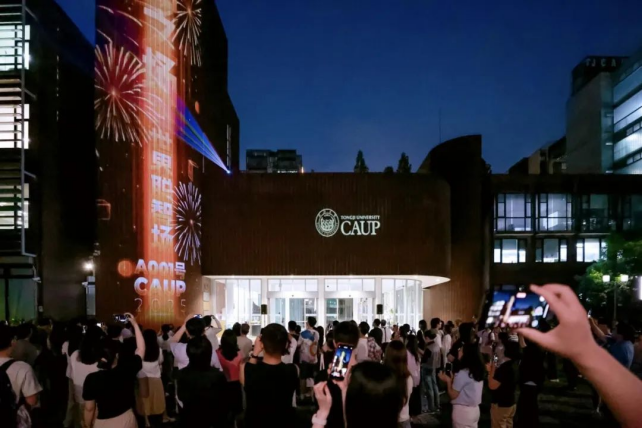
Named in honor of Zu Chongzhi, a towering figure in ancient Chinese science, whose courtesy name was Wenyuan (also the namesake of Tongji's Wenyuan Building), Chongzhi Field intertwines digital intelligence with Eastern philosophical insights, forging a collaborative platform where disciplinary advancement converges with spatial wisdom.
Chongzhi Field – AI-Empowered Spatiotemporal Intelligence Forum
At 3:00 PM, the forum commenced at the Bell Hall, College of Architecture and Urban Planning, Tongji University. Professor Philip F. Yuan, Vice Dean, served as the moderator, while Dean Professor Wang Lan delivered opening remarks, underscoring the profound implications of AI-empowered spatiotemporal intelligence for the discipline.
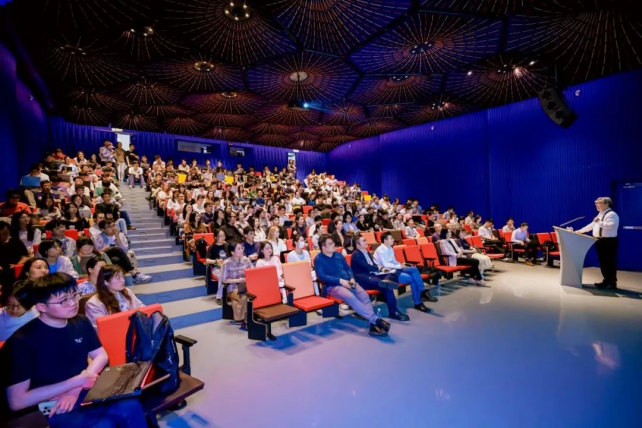
Academician Wu Zhiqiang delivered a keynote speech titled Chongzhi Field: A Future Laboratory Propelling Disciplinary Heights through Digital Learning, elucidating the naming rationale and historical roots of Chongzhi Field. He interpreted it as a practical arena integrating interdisciplinary experimentation, innovative teaching, and disciplinary collaboration, exploring pathways for data perception from environmental, social, and demand-driven perspectives.
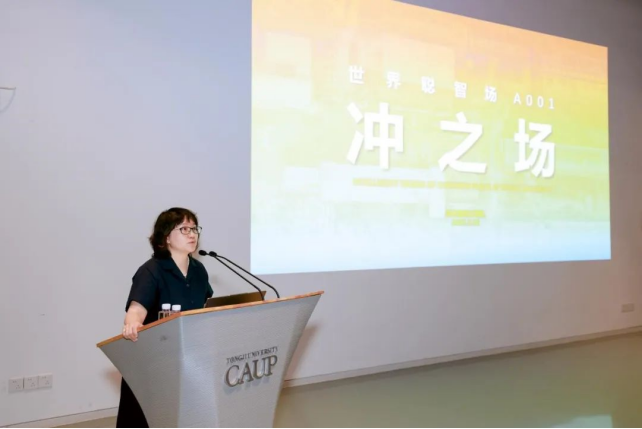
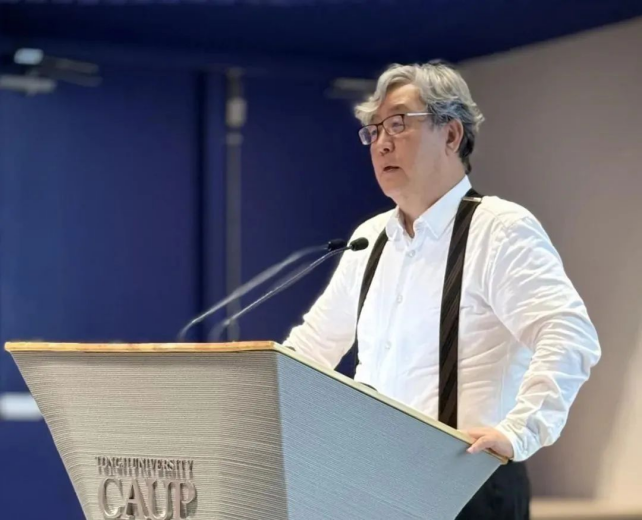
Professor Diao Mi presented a special lecture titled Preliminary Explorations of New Urban Research under Digital Intelligence Empowerment. Professor Yu Xingze delivered a special report titled The Age of Super Individuals: AI Reshaping the Boundaries of Artistic Creativity. Professor Ye Yu shared insights in Computational Urban Design: Exploring Design Science Driven by AI. Professor Zhang Wenjia presented PlanGPT-2: A Foundational Planning Large Model Bridging Industry and Academia.
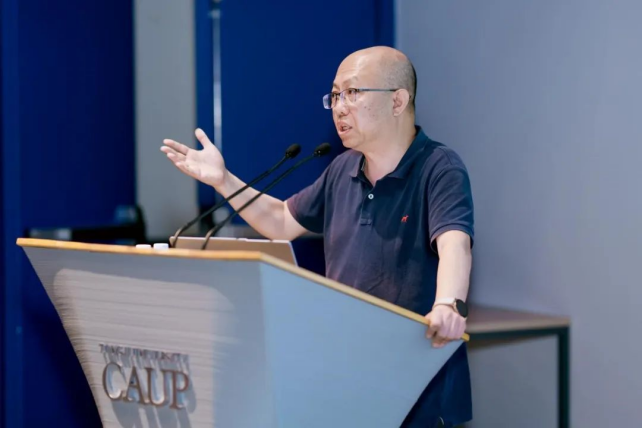
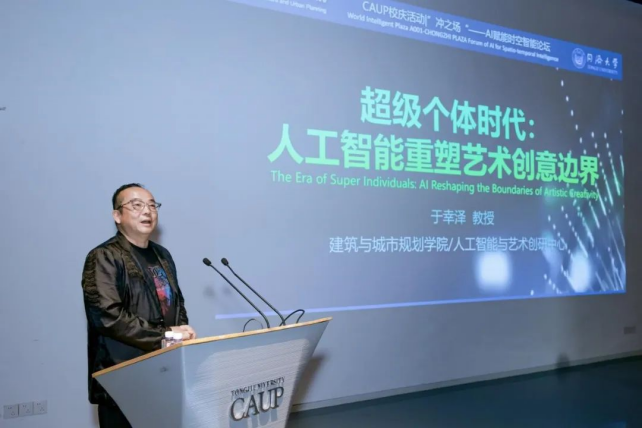
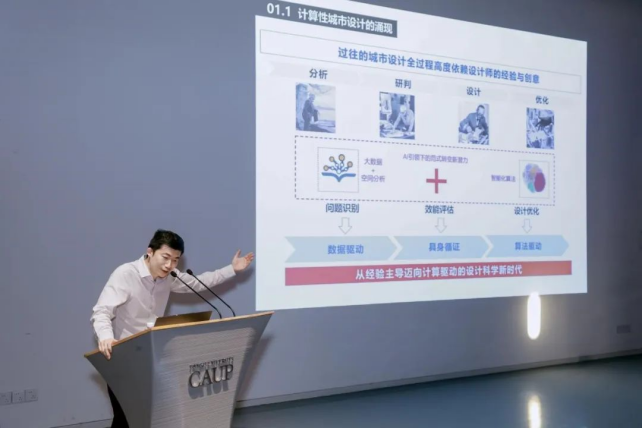
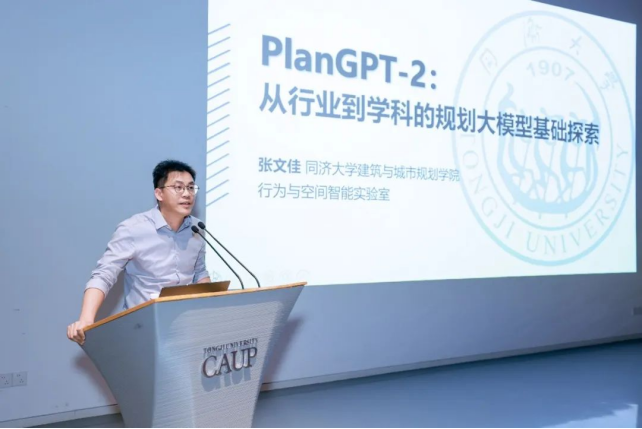
The Grand Debut of Chongzhi Field
At 7:00 p.m., Chongzhi Field made its official appearance.
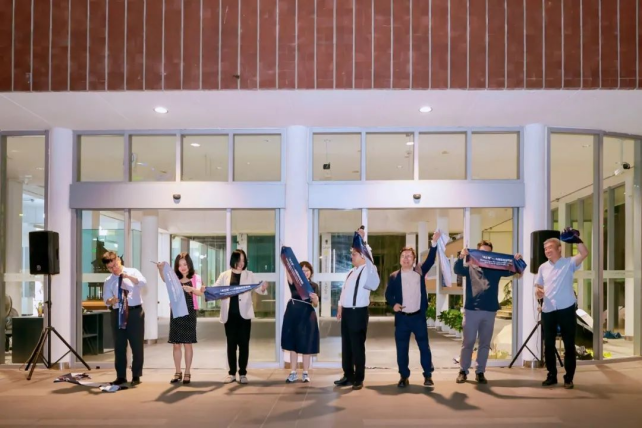
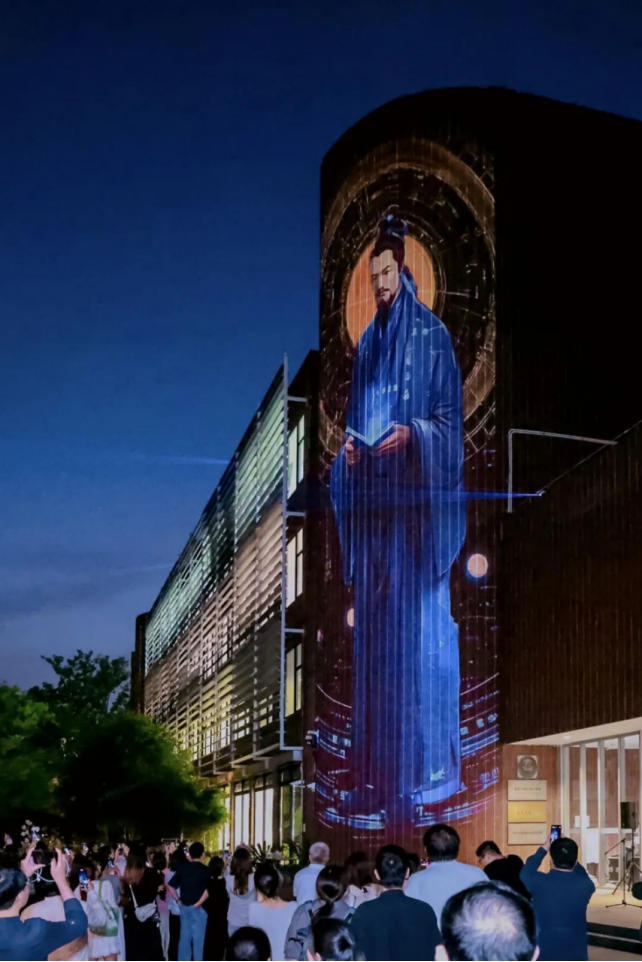
Zu Chongzhi, the ancient Chinese scientist, not only pioneered the precise calculation of π, leading the world for a millennium, but also made groundbreaking contributions in astronomy, calendrics, and mechanical engineering. His scientific endeavors represented an early response to the concept of spatial intelligence – defining geometric spaces with mathematics, perceiving temporal-spatial order through astronomy, and constructing dynamic functional fields through mechanics, forming a spatial cognition system that spans millennia. Guided by the Six Principles of Spatial Intelligence proposed by Academician Wu Zhiqiang, Chongzhi Field serves as a tangible realm embodying these ideas.
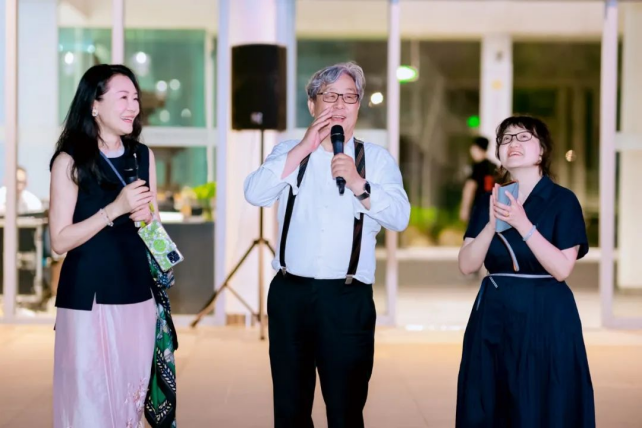
Wu Zhiqiang, the chief designer of Chongzhi Field, elaborated on its vision. Here, data becomes the new design element, algorithms serve as the new design philosophy, and space transforms into a carrier of intelligent evolution. The plaza is no longer just a physical landscape but an intelligent entity capable of learning, iterating, and extending its nervous system. Chongzhi Field is a modern response to Zu Chongzhi's spirit in the era of digital intelligence. It bridges history and the future, integrating science and humanities, and providing Tongji's College of Architecture and Urban Planning with answers to the questions of What is design for? and What can space achieve? Here, knowledge is dynamic, and space thinks.
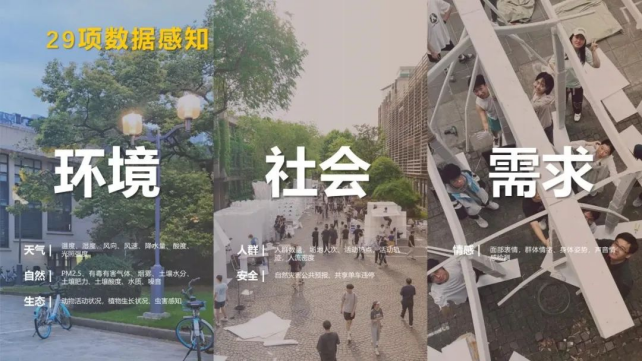
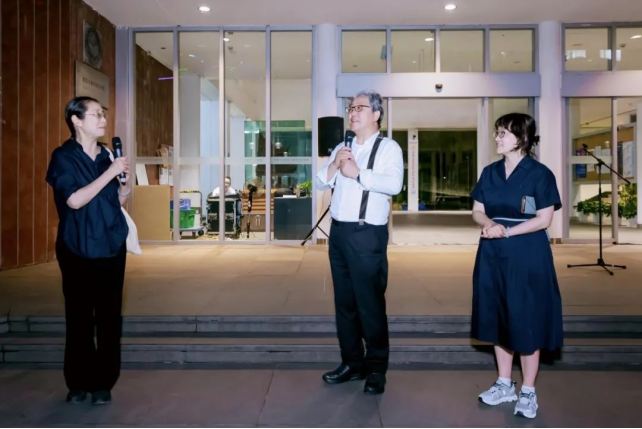
Chongzhi Field is grounded in three major scenarios: environment, society, and demand, encompassing 29 data-sensing dimensions, including temperature, humidity, wind direction, wind speed, precipitation, acidity, light intensity, PM2.5, toxic and harmful gases, smoke, soil moisture, soil fertility, soil acidity, water quality, noise, animal activity, plant growth, pest perception, crowd size, site visitor count, activity hotspots, activity trajectories, pedestrian density, natural disaster public forecasts, shared bicycle parking violations, facial expressions, group emotions, body postures, and voice emotion detection.
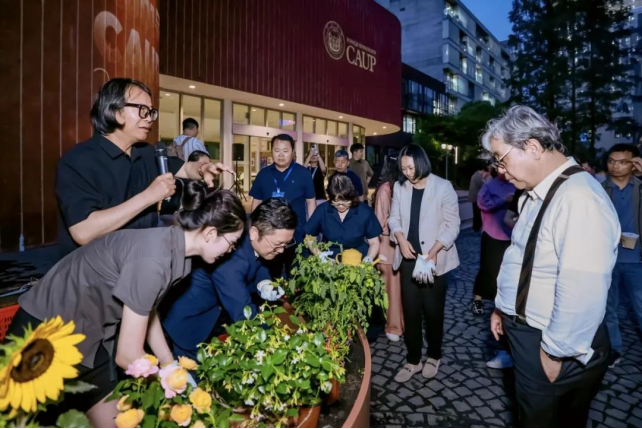
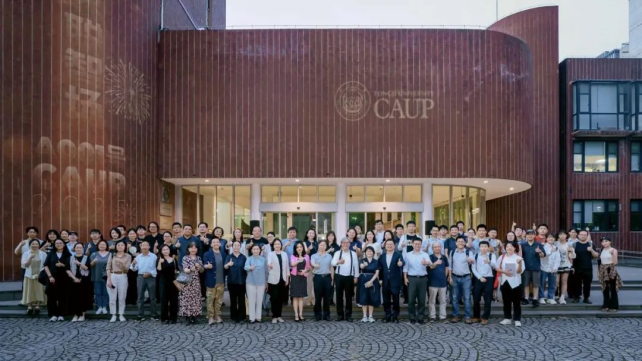
In addition, Professor Liu Yuelai, the garden designer of Chongzhi Field, introduced the garden's design philosophy and plant sources on-site, inviting faculty and students to experience farming and taste garden-grown produce.


Donors:
Fuzhou Urban Construction New Infrastructure Group Co., Ltd.
Tongji Architectural Design (Group) Co., Ltd.
Design Teams:
Team led by Academician Wu Zhiqiang
Team led by Professor Dong Nannan
Team led by Professor Liu Yuelai
Team led by Professor Hao Luoxi
Team led by Lecturer Zang Wei
 ABOUT US
ABOUT US




